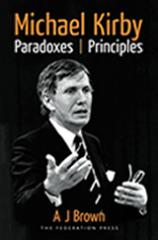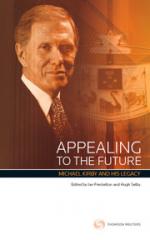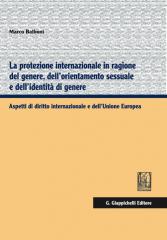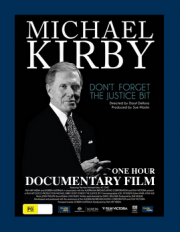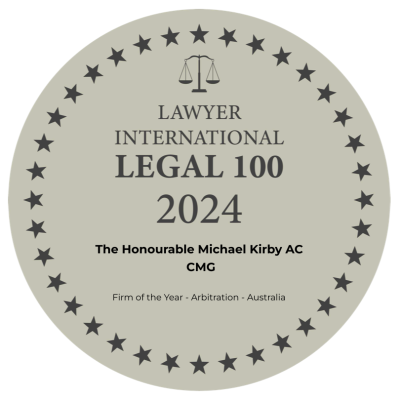The Honourable Michael Kirby, past Justice of the High Court of Australia (1996-2009), was appointed to be a member of the Eminent Persons Group on the Future of the Commonwealth of Nations (EPG). He served on that body from 2010-11. He took an active part in the four meetings that prepared the report of the EPG. This was delivered to the Commonwealth Heads of Government meeting in Perth, Western Australia in 2011. The report contained a proposal for the appointment of a Commonwealth Commissioner with special functions to report on the state of human rights and the rule of law in Commonwealth countries. The report of the EPG was presented at the Commonwealth Conference. The proposal for a Commonwealth Charter was ultimately adopted by the Commonwealth Heads of Government, after scrutiny of the revised draft by Commonwealth countries and approval by all countries. It was signed by Queen Elizabeth II in her capacity as Head of the Commonwealth on Commonwealth Day 11 March 2013. The attached interview of Michael Kirby by Dr Sue Onslow took place on 20 March 2014. The interview explains the EPG and its methods of operation. Specifically, it describes the proposal for a Commonwealth Charter; the objection of Heads of Government to the concept of a Commissioner; but then approval in principle of a Charter of the Commonwealth. To advance this idea, Michael Kirby prepared a first draft of such a Charter, on the long journey from London to Australia, following an EPG meeting. It was this document that was considered by CHOGM between meetings and finally approved. The final form of the Charter was adopted in 2012 and signed into effect in 2013, with approval of all Commonwealth countries. The Charter is not an international treaty. However, the approval without opposition was intended to provide a practical impact on the actions and policies of Commonwealth governments. The interview with Michael Kirby attached here https://commonwealthoralhistories.org/2015/interview-with-michael-kirby/
demonstrates the way in which the Charter was finalised and the hopes and expectations of practical utility at the time of its implementation.






